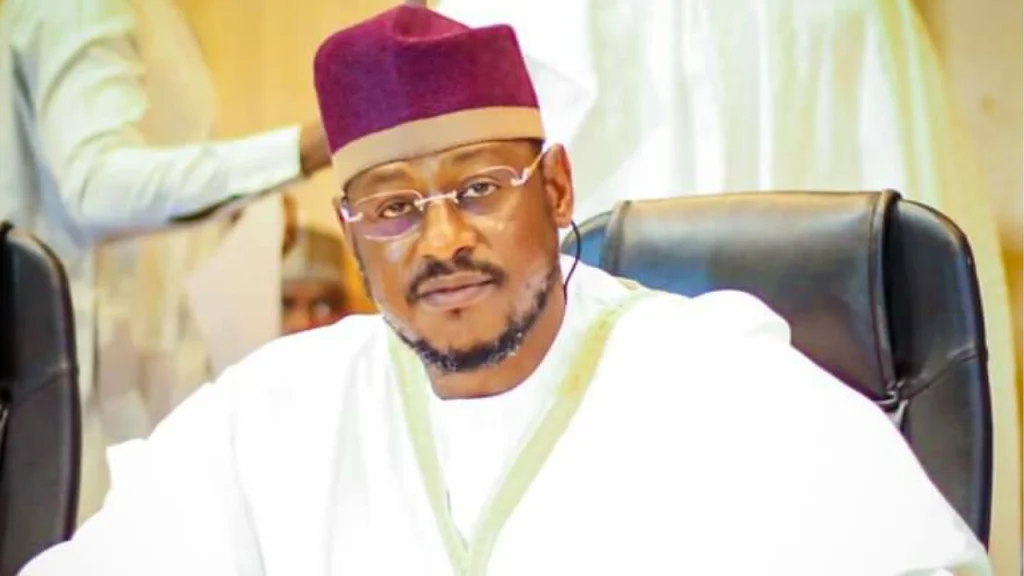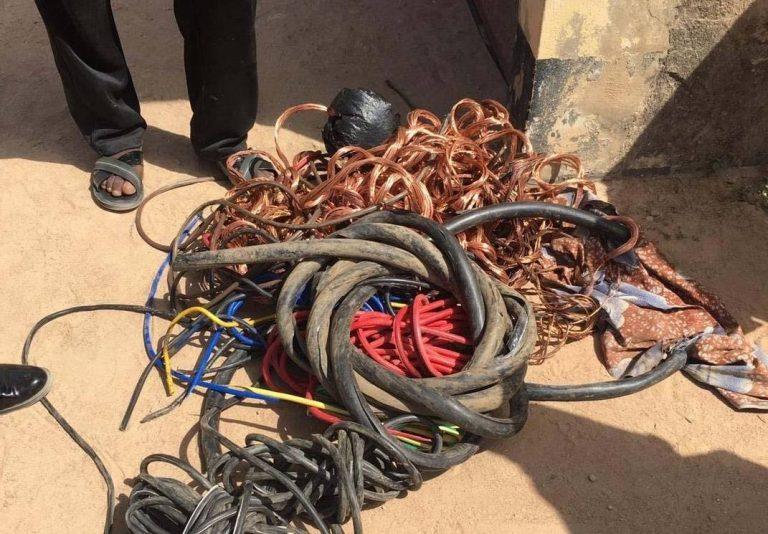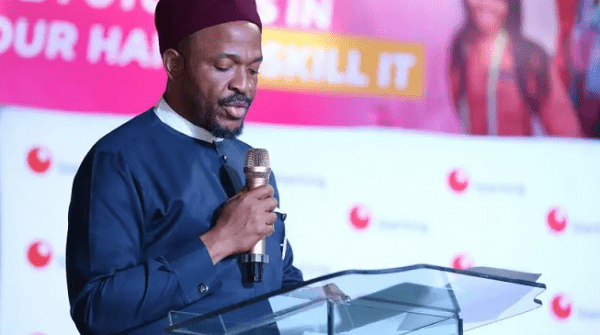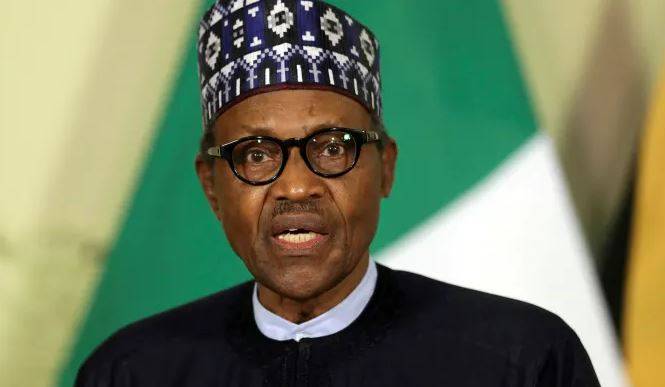Katsina gov Radda confirms negotiations with bandits, says action essential for peace
Katsina State Governor, Dikko Umar Radda, has confirmed that his administration is actively negotiating with bandits who have been terrorizing several communities in the state.
This decision follows two years of debate on the need for a truce with these armed groups. While Radda had previously distanced his administration from such negotiations, he now acknowledges their role in restoring stability to four local government areas.
At the launch of an 18-month project funded by the European Union, titled Conflict Prevention, Crisis Response and Resilience (CPCRR), Radda emphasized the importance of local involvement in the peace-building process.
“This project is not a top-down intervention. It is community-owned, locally-led, and culturally sensitive,” he stated, highlighting the aim to center the voices of women, youths, and persons with disabilities in all planning and implementation efforts.
The CPCRR initiative, carried out by the International Organisation for Migration in collaboration with organizations like the Centre for Democracy and Development and Mercy Corps, targets the root causes of conflict while strengthening the resilience of vulnerable communities across eight high-risk local governments in the state.
Radda provided alarming details regarding the impact of insecurity, noting that many schools and markets have been closed, leading to abandoned farms and displaced families.
“Parents have buried their children, and elders have fled their ancestral homes due to unprecedented security and humanitarian challenges,” he said.
Furthermore, the governor pointed out that Katsina State also faces issues such as drought, desertification, and economic stagnation, all of which exacerbate the conflict.
“These are interconnected crises that demand integrated, holistic, and community-driven solutions,” he emphasized.
Dimanche Sharon, Chief of Mission at IOM, reiterated the project’s significance, indicating it aims to support over 95,000 individuals affected by conflict throughout Katsina and Zamfara states.
“Too many families have been displaced, too many farms abandoned, and too many lives disrupted by insecurity,” she remarked, adding that despite these challenges, the people of the region continue to show resilience and determination to rebuild their lives.
Source: PUNCH







